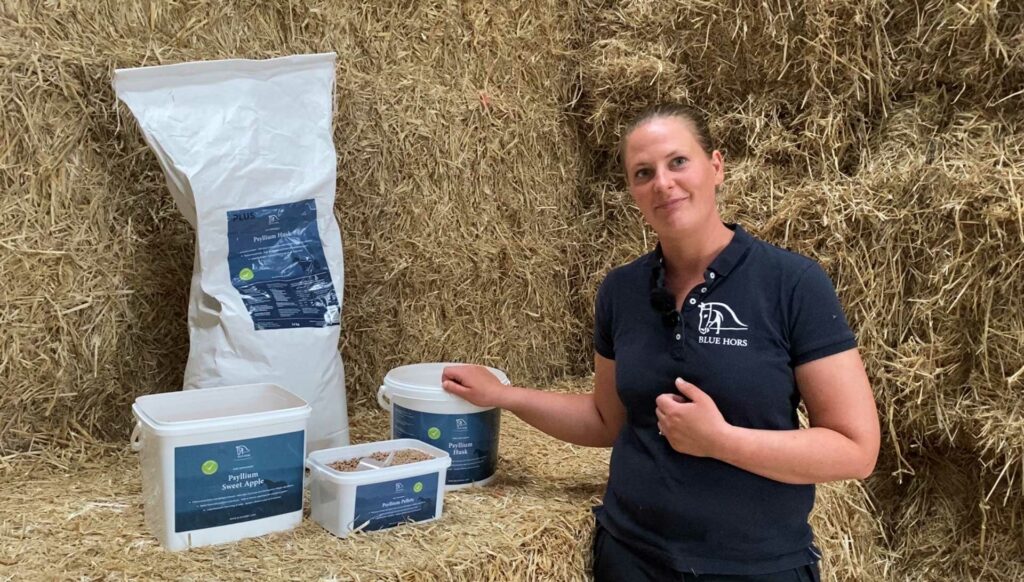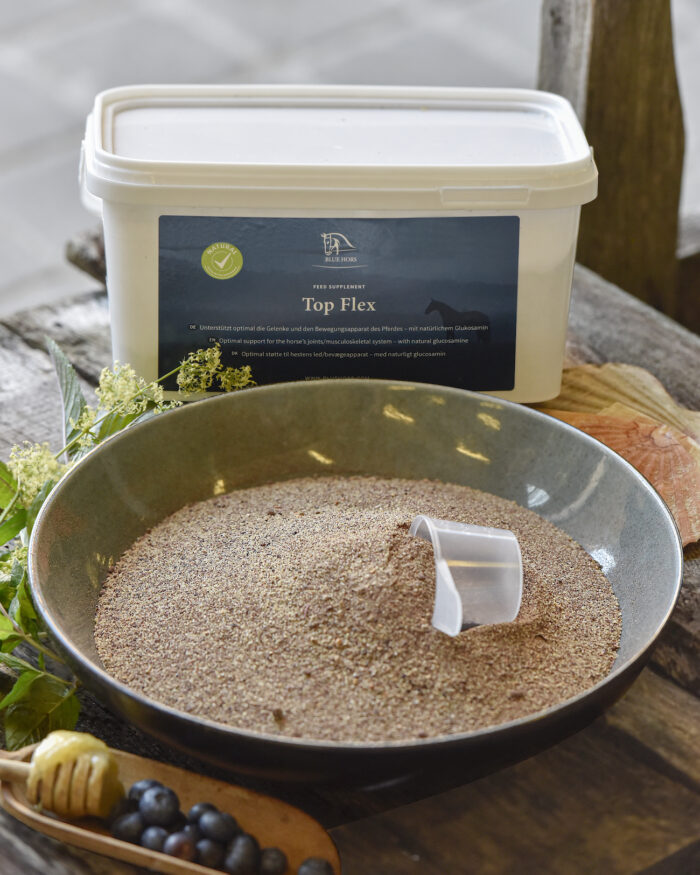Psyllium Husk transport sand out of the intestines
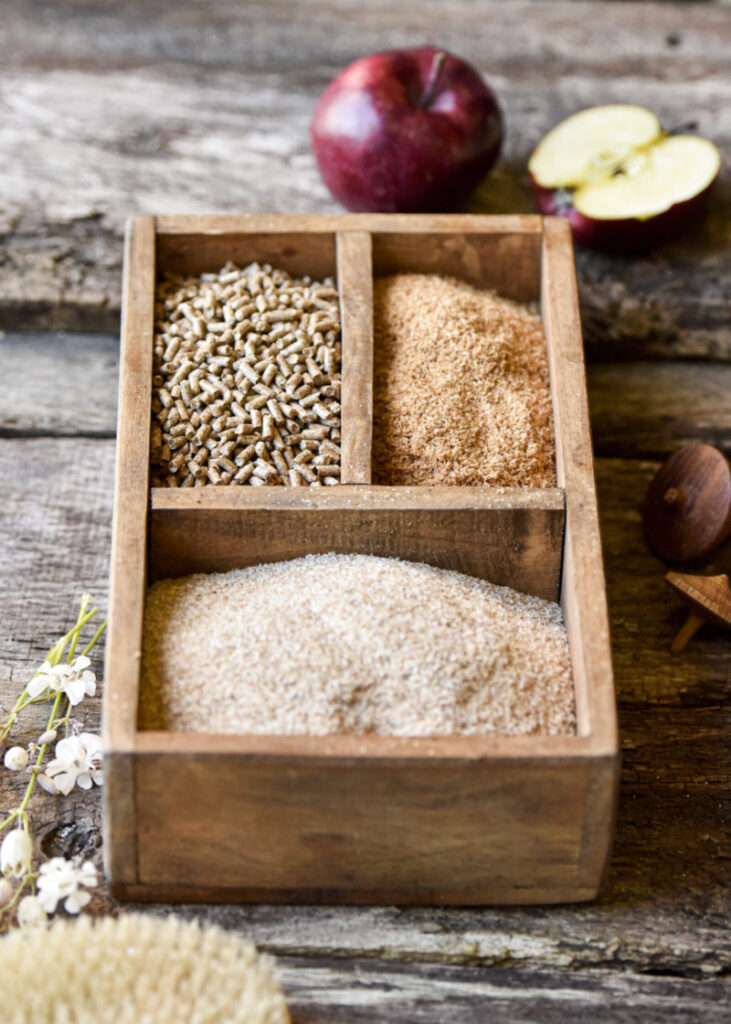
What is Psyllium Husk?
Psyllium husks are the outer layer of the seed from the plant Plantago ovata, consisting of 85% fiber. When psyllium husks are ingested, they absorb water in the intestine, swelling up and forming a gel-like substance that is indigestible for the intestinal microorganisms. The gel can, therefore, encapsulate sand and soil particles and carry them out with the horse’s feces. Psyllium husks are a good source of soluble fiber, which can help regulate digestion and strengthen bowel movements.
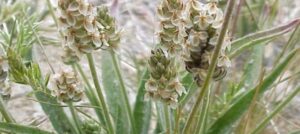
Hvorfor bruge loppefrøskaller til heste?
Med sparsomt græs på foldene i det tidlige forår og til efterår, hvor græsset er sparsomt, har hestene en øget risiko for at få sand i tarmene, sand som kan have svært ved at komme med ud sammen med afføringen. Ligsom loppefrøskaller også anvendes til mennesker, når tarmsystemet er irriteret (forstoppelse, diarré mm.), er loppefrøskaller et attraktivt supplement til en mere harmonisk mavetarm-kanal samt til heste med fordøjelsesproblemer da de vandbindende fibre i loppefrøskaller virker samlende på løs afføring og blødgørende på hård afføring.
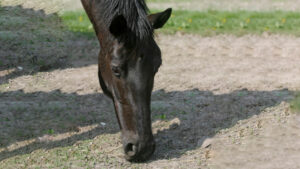
Loppefrøskaller er derfor brugbare både som forebyggende kur, men også hvis problemet med ophobning af sand i tarmen opstår. Når sand ophobes i tarmen, kan det føre til problemer som f.eks. diarré eller i værste fald sandkolik. Det er vigtigt at rådføre sig med en dyrlæge eller ernæringsekspert, hvis der er et ukendt problem med fordøjelsen.
What is sand colic?
Sand colic is a condition in horses where the ingestion of sand, usually while grazing in a paddock, causes irritation of the intestinal mucosa, leading to subsequent inflammation of the intestines. It often presents with symptoms of constipation, with sand and intestinal contents accumulating in the large colon or cecum, but diarrhea can also occur.
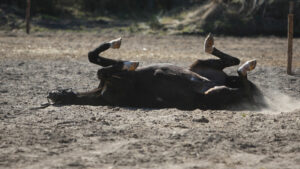
What kind of Psyllium Husk is best for my horse?
Products with psyllium can come in many forms and qualities. Psyllium husks have four times the swelling capacity of whole psyllium seeds, which is a relevant consideration in your decision-making process. This may also explain any price differences between whole seeds and psyllium husks, as the husks are more effective.
The type of psyllium husks preferred depends on the type of horse you have, as well as your preferences and requirements for product ingredients.
For example, products with lower content of psyllium husks may be less potent and require larger doses to achieve the same effect as 100% psyllium husks. Additionally, some fillers and other ingredients in products with lower psyllium husk content may be less digestible. Be sure to read the ingredient list carefully if you are unsure about the content.
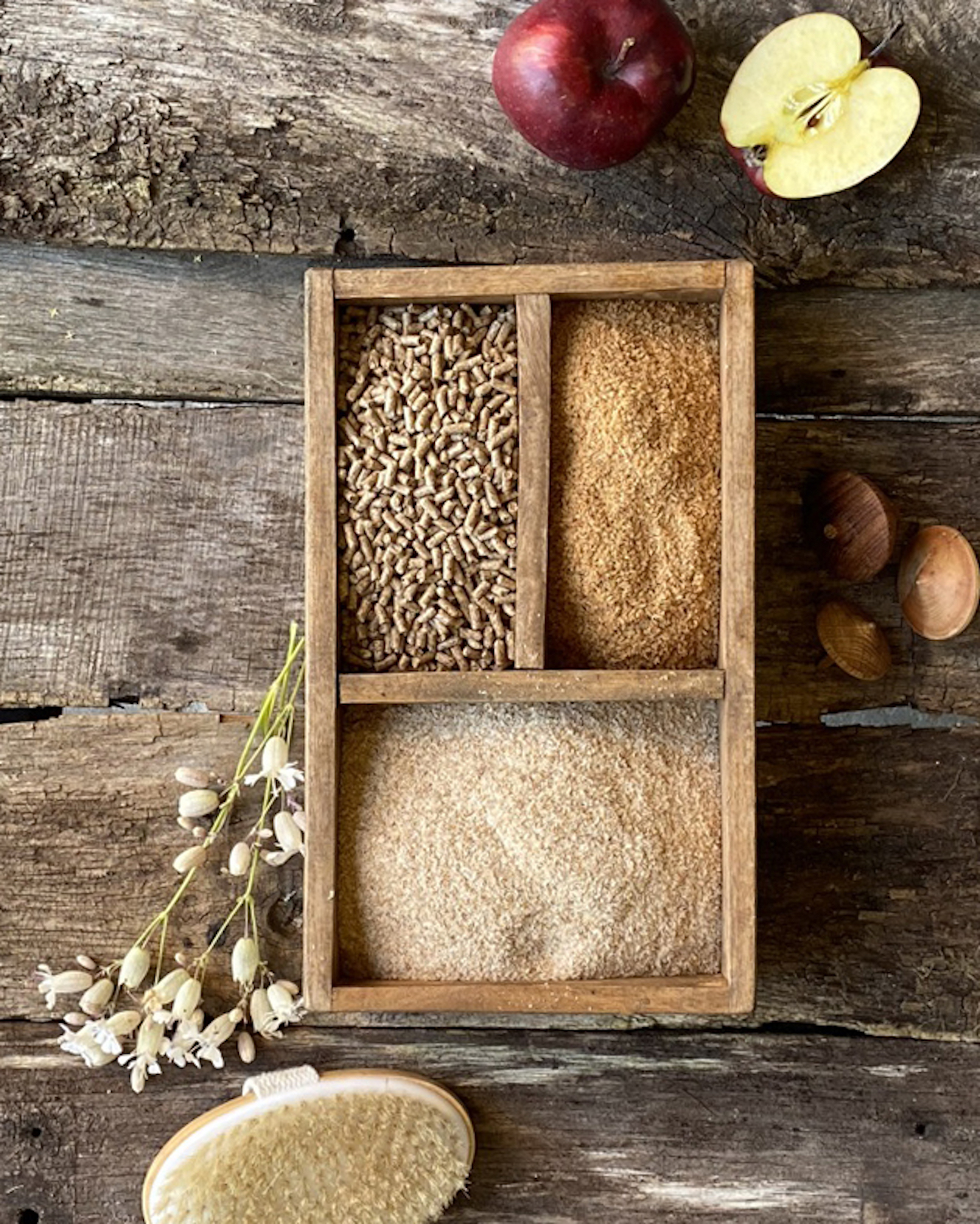
The small-eating and picky horses can benefit from pelleted psyllium husks, which are compressed psyllium husks in pill form. One of the advantages of the pellets is that they resemble regular feed pellets. Therefore, they may be easier to feed to the horse along with the rest of the feed. As the pellets are compressed, they only take up half the space of loose husks, and therefore, the quantity does not seem as large – but with the same effect.
“Normally eating” horses can easily do well with regular loose psyllium husks, which are more economical to use.


